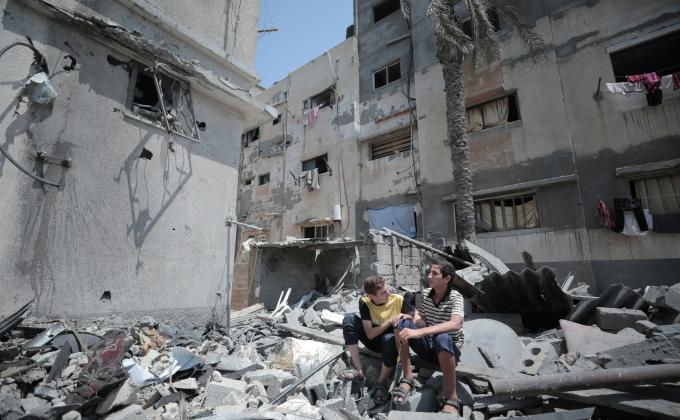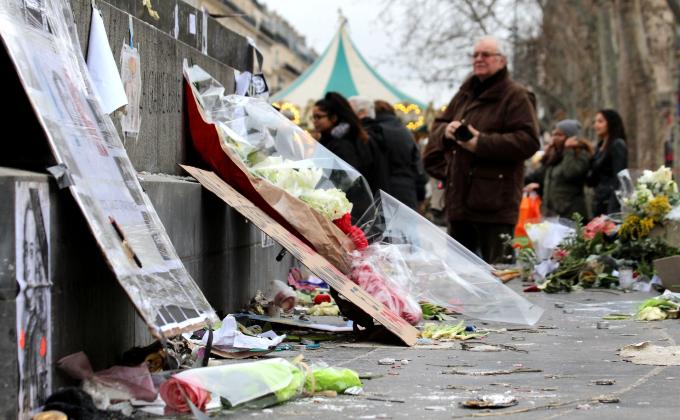Five years ago, ICCT published a Research paper titled ‘Radicalisation, De-Radicalisation, Counter-Radicalisation: A Conceptual Discussion and Literature Review’. Since 2013, it has been downloaded over 65,000 times. In that paper, I questioned radicalisation’s exclusive link to ‘radicalism’ as a political program. I also criticised the focus of most radicalisation research on ‘vulnerable youth’ only, and pleaded to look beyond this micro-level and also address issues on the meso-level of the radical milieu and on the macro-level of structural factors in and between societies and states when looking for drivers towards extremism. Furthermore, I challenged the idea that ‘radicalisation’ is confined to one side in a conflict dyad. Both non-state and state actors can ‘radicalise’ in the sense of moving closer to the use of violence when engaged in conflict. Based on these and similar considerations, I re-conceptualised ‘radicalisation’ as a socialisation and mobilisation process, defining it as
an individual or collective (group) process whereby, usually in a situation of political polarisation, normal practices of dialogue, compromise and tolerance between political actors and groups with diverging interests are abandoned by one or both sides in a conflict dyad in favour of a growing commitment to engage in confrontational tactics of conflict-waging. These can include either (i) the use of (nonviolent) pressure and coercion, (ii) various forms of political violence other than terrorism or (iii) acts of violent extremism in the form of terrorism and war crimes. The process is, on the side of rebel factions, generally accompanied by an ideological socialization away from mainstream or status quo-oriented positions towards more radical or extremist positions involving a dichotomous world view and the acceptance of an alternative focal point of political mobilization outside the dominant political order as the existing system is no longer recognized as appropriate or legitimate.
While this Research Paper has often been downloaded from ICCT’s website, its re-definition of ‘radicalisation’ has not influenced - let alone replaced - official definitions of radicalisation, e.g. the European Commission’ current vague definition of radicalisation as ‘….a complex phenomenon of people embracing radical ideology that could lead to the commitment of terrorist acts.” Similarly, RAN, the Radicalisation Awareness Network created by the European Commission in 2010,which now counts more than 3,500 participants, has not gone much further in its conceptualisation of radicalisation, defining it as
the process through which an individual comes to adopt extremist political, social, or religious ideas and aspirations which then serve to reject diversity, tolerance and freedom of choice and legitimize breaking the rule of law and using violence towards property and people.
In several RAN documents, one can find terms like ‘violent radicalisation’ and ‘violent extremism’, seemingly without considering the very different sources of radicalism and extremism in European history. A closer examination of these concepts has been done by Astrid Bötticher in a doctoral dissertation prepared under the supervision of the present writer. Written in German, her dissertation surveys multiple definitions and historical uses of these terms. She subsequently proposes consensus definitions of radicalism and extremism along lines similar to the ones behind the academic consensus definition of terrorism synthesized by the present writer. Bötticher makes the important point that ‘…radicalism can be situated on the edges of democratic consensus while extremism lies outside.’
In my 2013 ICCT paper, I had also discussed ‘de-radicalisation’. It has become a major industry to offer ‘de-radicalisation’ trajectories and while there are a few serious players in this field, there are many more false pretenders, selling hot air to government agencies eager to defuse radicalisation on their territory. While there can be no doubt that de-radicalisation works sometimes on the individual level (for reasons that are not always clear), de-radicalisation on the (terrorist) group level has, with very few exceptions, been an elusive goal. However, given the generally poor results of de-radicalisation efforts on individual and group levels, it would therefore make sense to shift the policy (and funding) focus to prevention of radicalisation on the one hand and conflict resolution on the other hand.
A third theme I discussed in the 2013 ICCT paper was ‘counter-radicalisation’ which focuses on efforts to strengthen and empower communities from which terrorists might emerge and which might, if neglected, be deemed potentially supportive of extremist movements. I also noted two major gaps in most government counter-terrorism policies. Firstly, I pointed to the unwillingness of many governments to look more critically at the role of the media and the internet in radicalisation. Second, I noted that, despite more than ten years of trying, the formulation of an effective counter-narrative to the single narrative of al-Qaeda and its offspring had not been achieved. These two gaps might have narrowed somewhat since 2013 when I wrote this ICCT paper, but they are still very much with us. While hundreds of billions have been spent since 9/11 on fighting terrorism by means of the military and the police, efforts to counter extremism and terrorism on the communication and the ideological fronts remain far behind - despite the fact that these would be less costly both in terms of both money and lives lost.








